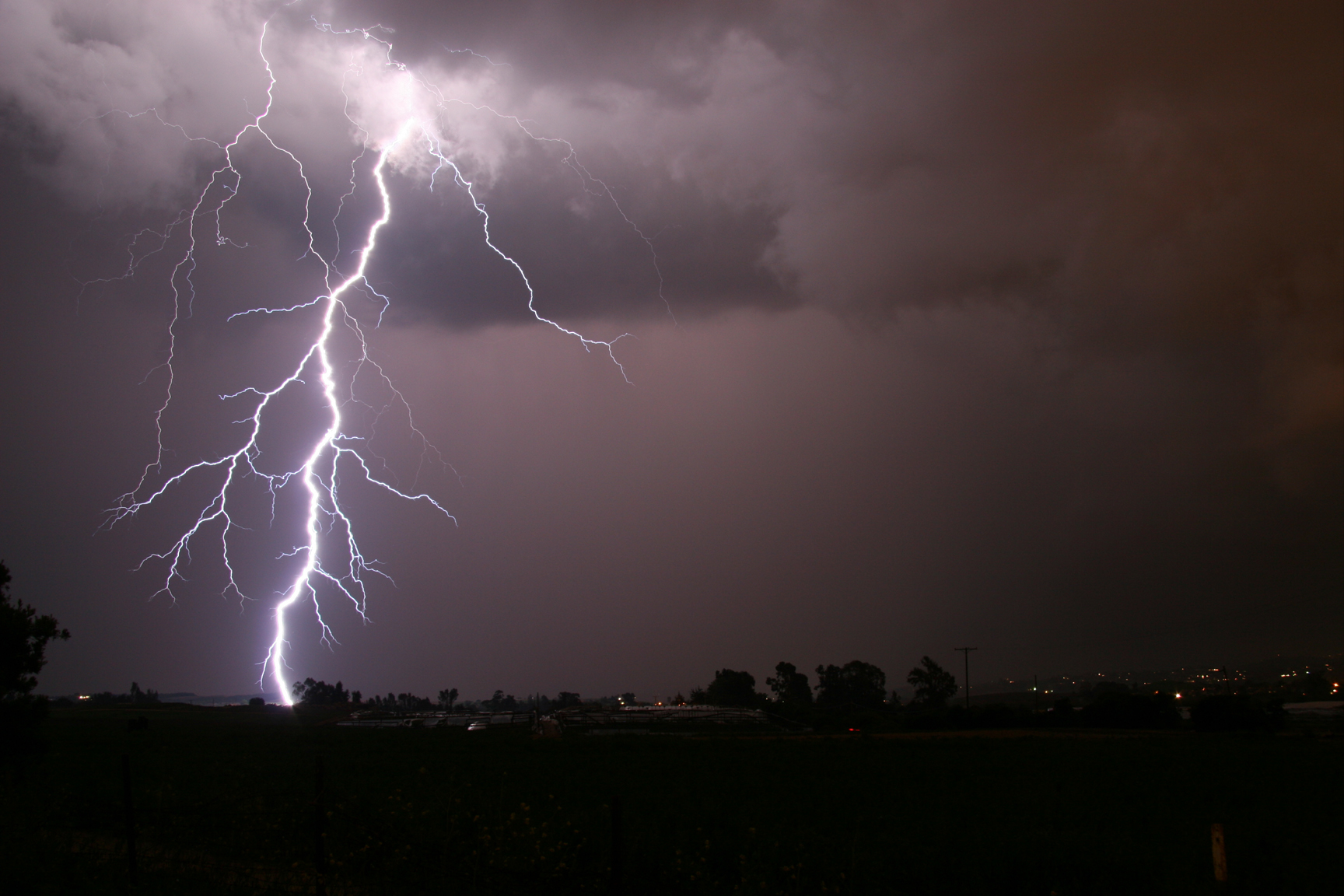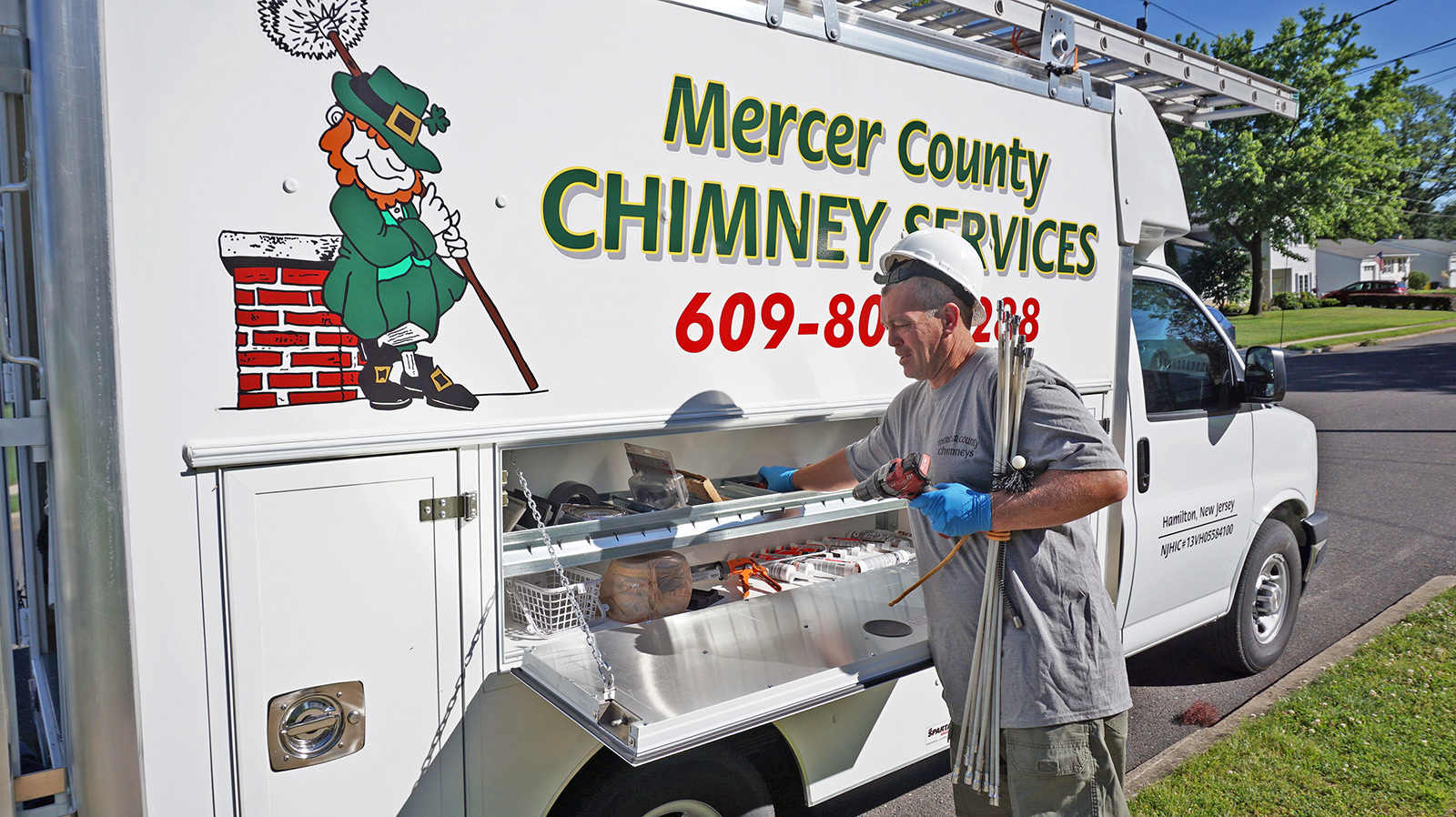What to Do If Your Chimney Is Struck by Lightning
Thousands of thunderstorms occur each year, primarily in the summertime, and they cause more damage than many homeowners may realize. In 2019, the Insurance Information Institute reported that more than $900 million in homeowners’ insurance claims were paid to over 77,000 policyholders due to lightning damage. A lightning bolt can send the equivalent of over 1 billion watts of electricity where it strikes. The heat generates enough energy to damage the masonry and interior components of the chimney. It can also spark a chimney fire.
 Before the Storm
Before the Storm
While you can’t prevent a lightning strike, you can do a few things to protect the chimney and minimize the risk of fire and potential damage.
Inspect the chimney: Summer is the time of year when lightning and thunderstorms are most prevalent. So, it’s a good idea to have a qualified chimney professional inspect the chimney before the rainy season. The inspector will assess the chimney’s condition, noting any defects or issues that need repair or replacement and whether your chimney needs cleaning.
Clean the chimney: Creosote that builds-up in the chimney is highly flammable when it hardens into a dark, tarry, and crusty material. The heat from lightning or even hot embers from burning wood logs can start a fire in the chimney. A professional chimney sweep will use specialized tools and chemicals to remove any creosote deposits, residues, and debris built-up in the flue to minimize the risk of fire.
Chimney repairs: Follow the advice of your chimney inspector and make the recommended chimney repairs before the summer storm season. Repair any masonry damage, replace a worn damper, install a chimney cap, and fix any areas where water leaks may occur, in preparation for potentially damaging stormy weather.
 After the Storm
After the Storm
After the storm passes and it is safe to do so, check for signs of visible damage. Most lightning strikes generally occur near the top of the chimney, so this is a great place to start. Carefully, look for cracks, holes, scorch marks, and missing bricks in the masonry. It’s also a good idea to walk around the house in case small chunks of bricks have fallen to the ground.
Intense thunderstorms can also blow off the chimney cap and crack the chimney crown, allowing water to penetrate the chimney system. Check that the chimney cap is securely attached and clear any debris that is obstructing the flue. If you suspect your chimney has lightning or storm damage, contact your local chimney professional as soon as possible to assess the condition of your chimney. They will give you a complete inspection report along with a list of storm-related repairs. You should also contact your homeowner’s insurance carrier to determine if your policy provides coverage for lightning or storm damage.


